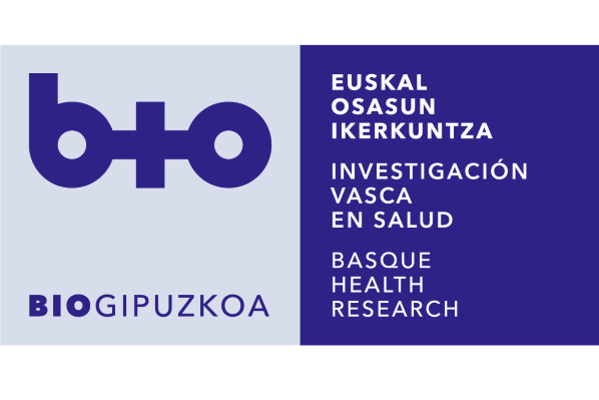Biogipuzkoa
Ikerketa zentroa
JESÚS MARÍA
IBARLUZEA MAUROLAGOITIA
Ikertzailea 2024-(e)ra arte
JESÚS MARÍA IBARLUZEA MAUROLAGOITIA-rekin lankidetzan egindako argitalpenak (212)
2025
-
Exploring the pathways linking prenatal and early childhood greenness exposure to attention-deficit/hyperactivity disorder symptoms during childhood: An approach based on robust causal inference
International Journal of Hygiene and Environmental Health, Vol. 263
2024
-
Association between telomere length and neuropsychological function at 4–5 years in children from the INMA project: a cross-sectional study
European Child and Adolescent Psychiatry, Vol. 33, Núm. 8, pp. 2803-2812
-
Associations of Maternal Educational Level, Proximity to Green Space During Pregnancy, and Gestational Diabetes With Body Mass Index From Infancy to Early Adulthood: A Proof-of-Concept Federated Analysis in 18 Birth Cohorts
American journal of epidemiology, Vol. 193, Núm. 5, pp. 753-763
-
Do Hormone Levels Influence Bullying during Childhood and Adolescence? A Systematic Review of the Literature
CHILDREN-BASEL, Vol. 11, Núm. 2
-
Enfoque para evaluar la influencia de una planta de valorización energética: estudio de un caso en Gipuzkoa (País Vasco, España)
Revista de Salud Ambiental, Vol. 24, Núm. 1, pp. 54-63
-
Environmental health knowledge and competences in Basque health workers. A comparison of different professional profiles
Environmental Research, Vol. 243
-
Evaluating the association between placenta DNA methylation and cognitive functions in the offspring
Translational Psychiatry, Vol. 14, Núm. 1
-
Exploring the genetics of airflow limitation in lung function across the lifespan – a polygenic risk score study
eClinicalMedicine, Vol. 75
-
Green and blue space exposure and non-communicable disease related hospitalizations: A systematic review
Environmental Research, Vol. 245
-
Green spaces and respiratory, cardiometabolic, and neurodevelopmental outcomes: An individual-participant data meta-analysis of >35.000 European children
Environment International, Vol. 190
-
Hair cortisol determinants in 11-year-old children: Environmental, social and individual factors
Hormones and Behavior, Vol. 164
-
Nitrogen dioxide exposure, attentional function, and working memory in children from 4 to 8 years: Periods of susceptibility from pregnancy to childhood
Environment International, Vol. 186
-
Objective and subjective accounts of urban exposures for epidemiological research on mental health. Measurement and analysis
Journal of Epidemiology and Community Health, Vol. 78, Núm. 11, pp. 700-704
-
Relation of prenatal and postnatal PM2.5 exposure with cognitive and motor function among preschool-aged children
International Journal of Hygiene and Environmental Health, Vol. 256
-
Sleep duration in preschool age and later behavioral and cognitive outcomes: an individual participant data meta-analysis in five European cohorts
European Child and Adolescent Psychiatry, Vol. 33, Núm. 1, pp. 167-177
-
Socioeconomic position, family context, and child cognitive development
European Journal of Pediatrics, Vol. 183, Núm. 6, pp. 2571-2585
-
Susceptible windows of prenatal and postnatal fine particulate matter exposures and attention-deficit hyperactivity disorder symptoms in early childhood
Science of the Total Environment, Vol. 912
-
Temporal change and impact on air quality of an energy recovery plant using the M-BACI design in Gipuzkoa
Chemosphere, Vol. 363
-
The impact of prenatal mercury on neurobehavioral functioning longitudinally assessed from a young age to pre-adolescence in a Spanish birth cohort
Environmental Research, Vol. 252
-
Visiting natural open spaces in urban areas during pregnancy and its association with daily physical activity
Health and Place, Vol. 89

